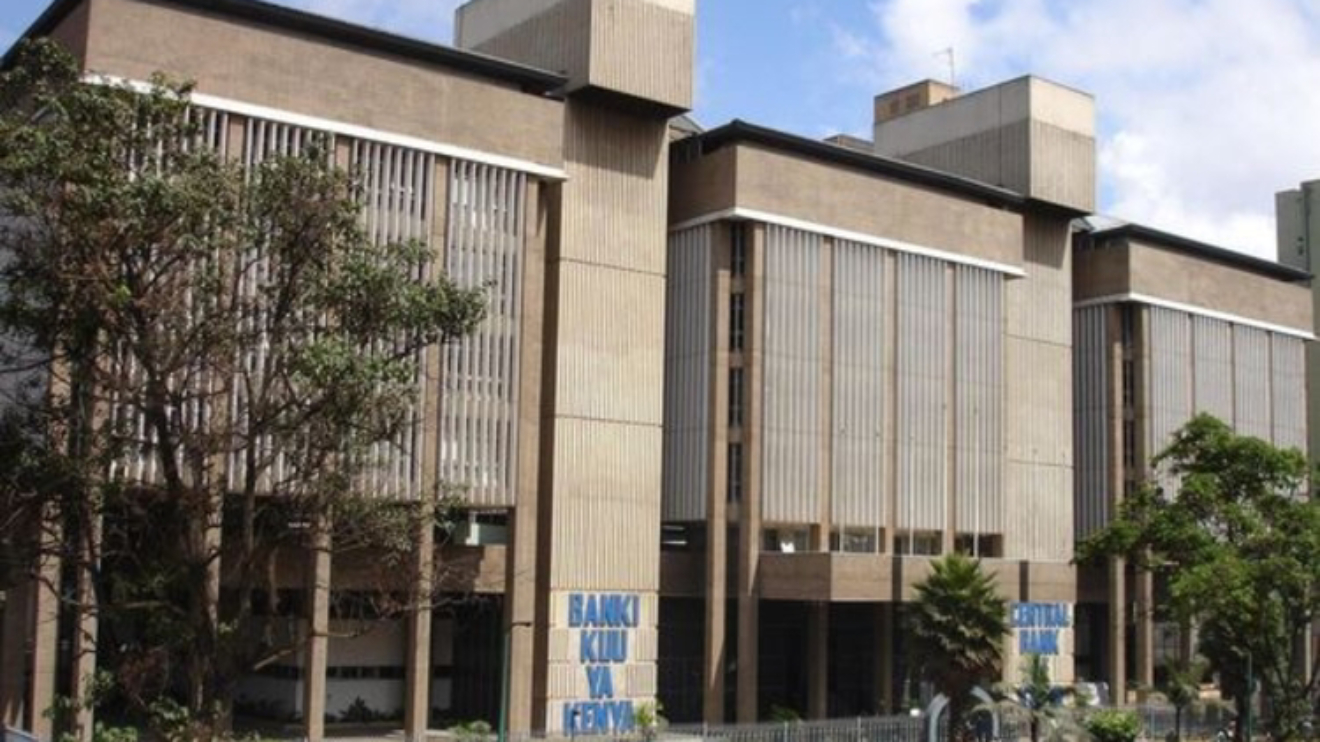Kenya’s fast-growing buy-now-pay-later (BNPL) sector is about to face a potential shake-up with the introduction of a new Bill in Parliament that could place BNPL firms under the oversight of the Central Bank of Kenya (CBK).
The Business Laws (Amendment) Bill, 2024, is being hailed as a crucial move to protect consumers from what some have described as exploitative lending practices.
This Bill seeks to amend the Central Bank of Kenya (Amendment) Act, 2021, by removing outdated definitions such as “digital credit” and “digital credit providers” and replacing them with more specific terms that include "buy-now-pay-later" and "credit provider."
These changes would bring a wide range of financial services, including peer-to-peer lending and asset financing, under the regulatory umbrella of CBK, ensuring that BNPL companies, whether offering secured or unsecured loans, are subject to the bank's oversight.
The move comes as the BNPL sector expands, with popular platforms like Lipa Later, Aspira, Loop, Safaricom, M-KOPA, and MasterCard making it easier for Kenyans to access goods and services on credit.
Read More
However, complaints about unfair practices and predatory lending have sparked growing concern. Borrowers, including boda boda operators, have claimed to face exploitation, with some having their motorbikes repossessed before they’ve even completed repayment.
The Bill outlines that BNPL arrangements are agreements in which consumers buy goods or assets and pay in instalments, with or without interest. Importantly, it clarifies that hire purchase agreements governed by the Hire Purchase Act are excluded.
In the proposed amendment, the Bill states: “Section 2 of the Central Bank of Kenya Act is amended by inserting buy-now-pay-later arrangements as determined by the Bank but does not include hire purchase agreements governed by the Hire Purchase Act.”
Molo MP and Chairman of the National Assembly Finance Committee, Kuria Kimani, voiced concerns about the lack of regulation, urging lawmakers to take action.
"We strongly feel that a gap or legal lacuna is preventing a complete oversight of the buy-now-pay-later firms by the CBK. The products they offer are not licensed as DCPs," he said.
The Bill’s sponsor, National Assembly Majority Leader and Kikuyu MP Kimani Ichung’wah, explained that the amendments would help eliminate any confusion regarding the legal status of BNPL companies.
"The new definitions also clarify that certain credit businesses such as buy-now-pay-later credit services and peer-to-peer lending and asset financing are covered under the law, thereby addressing the uncertainty that has existed since the law came into force," he said.
As the BNPL market grows, it’s clear that the government is aiming to tighten regulations to ensure fairness and accountability.
With this Bill, the CBK would also gain the power to regulate hire purchase costs, further strengthening its role in overseeing the broader credit market.
If enacted, these changes could pave the way for a more transparent and consumer-friendly lending environment.
The proposed reforms also include adjustments to the Movable Property Security Rights Act, which would give CBK the authority to control hire purchase interest rates.
However, the hire purchase registry would remain under the Business Registration Service, ensuring that the system remains both efficient and comprehensive.
As Kenya’s credit market expands, the government is taking decisive steps to provide clearer oversight, improving consumer protection and helping to prevent financial exploitation.
This Bill, if passed, marks a significant shift in the regulatory landscape, one that could set the tone for how credit businesses operate in the years to come.








